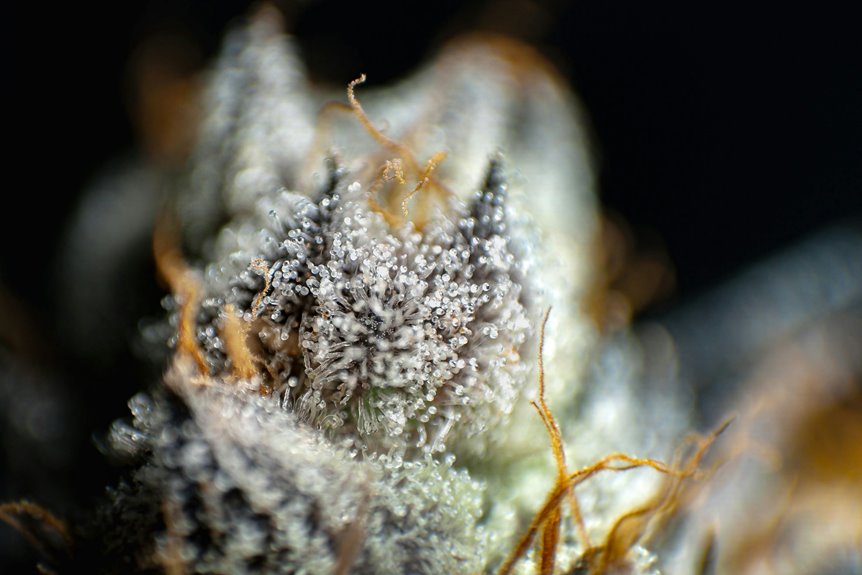
What’s the Difference Between Cbg and Cbd
CBG and CBD are two prominent cannabinoids derived from the cannabis plant, each serving distinct functions within the body. CBG, known as the "mother cannabinoid," plays a crucial role in the synthesis of other cannabinoids and exhibits potential therapeutic properties. Conversely, CBD has garnered attention for its efficacy in managing conditions such as anxiety and pain. Understanding these differences can guide individuals in selecting the cannabinoid that best addresses their health concerns. What implications do these distinctions have for consumer choices?
Understanding CBG: The Mother Cannabinoid
Cannabigerol (CBG) is often referred to as the "mother cannabinoid" due to its role as a precursor in the biosynthesis of other cannabinoids, including cannabidiol (CBD) and tetrahydrocannabinol (THC).
CBG benefits include potential anti-inflammatory and neuroprotective properties.
CBG sources primarily include young cannabis plants, where it is found in higher concentrations, distinguishing it from more mature plants that predominantly produce CBD and THC.
The Rise of CBD: Therapeutic Potential
As the interest in cannabinoid research has expanded, cannabidiol (CBD) has emerged as one of the most studied compounds for its therapeutic potential.
Numerous studies highlight its therapeutic benefits, including anxiety reduction and pain management. Patient experiences further validate these findings, showcasing various applications in clinical settings.
This growing body of evidence positions CBD as a promising option for those seeking alternative health solutions.
Key Differences Between CBG and CBD
While CBD has garnered significant attention for its therapeutic benefits, another cannabinoid, cannabigerol (CBG), is beginning to emerge in discussions surrounding the potential of cannabis compounds.
CBG benefits include anti-inflammatory properties and neuroprotective effects, contrasting with the well-documented CBD effects, such as anxiety reduction and pain relief.
Understanding these key differences can inform choices regarding cannabinoid use for specific health needs.
Choosing the Right Cannabinoid for Your Needs
How does one determine the most suitable cannabinoid for their health needs?
Evaluating cannabinoid benefits requires an analysis of individual health conditions and desired outcomes. CBG may be preferred for neuroprotective effects, while CBD is often sought for anxiety relief.
Ultimately, personal preferences, including method of consumption and formulation, play a critical role in selecting the optimal cannabinoid to achieve specific wellness goals.
Conclusion
In the intricate tapestry of cannabinoids, CBG and CBD each play distinct yet vital roles. CBG, akin to the roots of a plant, nurtures the development of other cannabinoids, while CBD, much like the blossoms, showcases its therapeutic benefits prominently. Understanding their differences is essential for individuals seeking tailored health solutions. By discerning the unique properties of CBG and CBD, one can cultivate a more informed approach to cannabinoid use and enhance their overall well-being.






